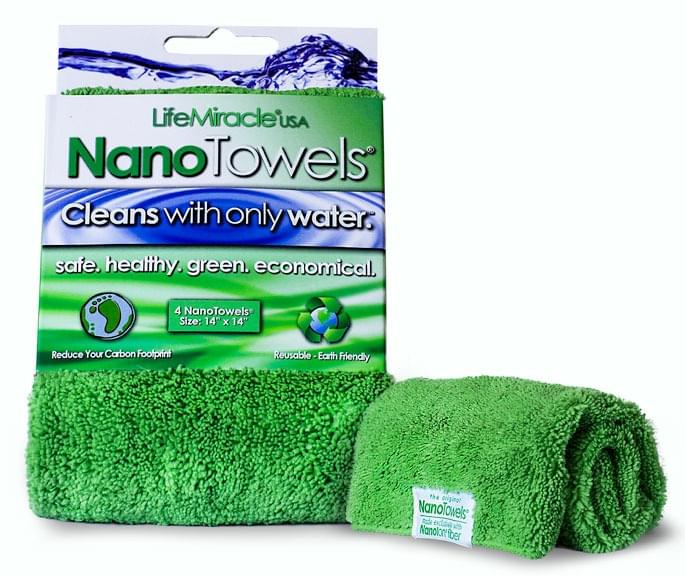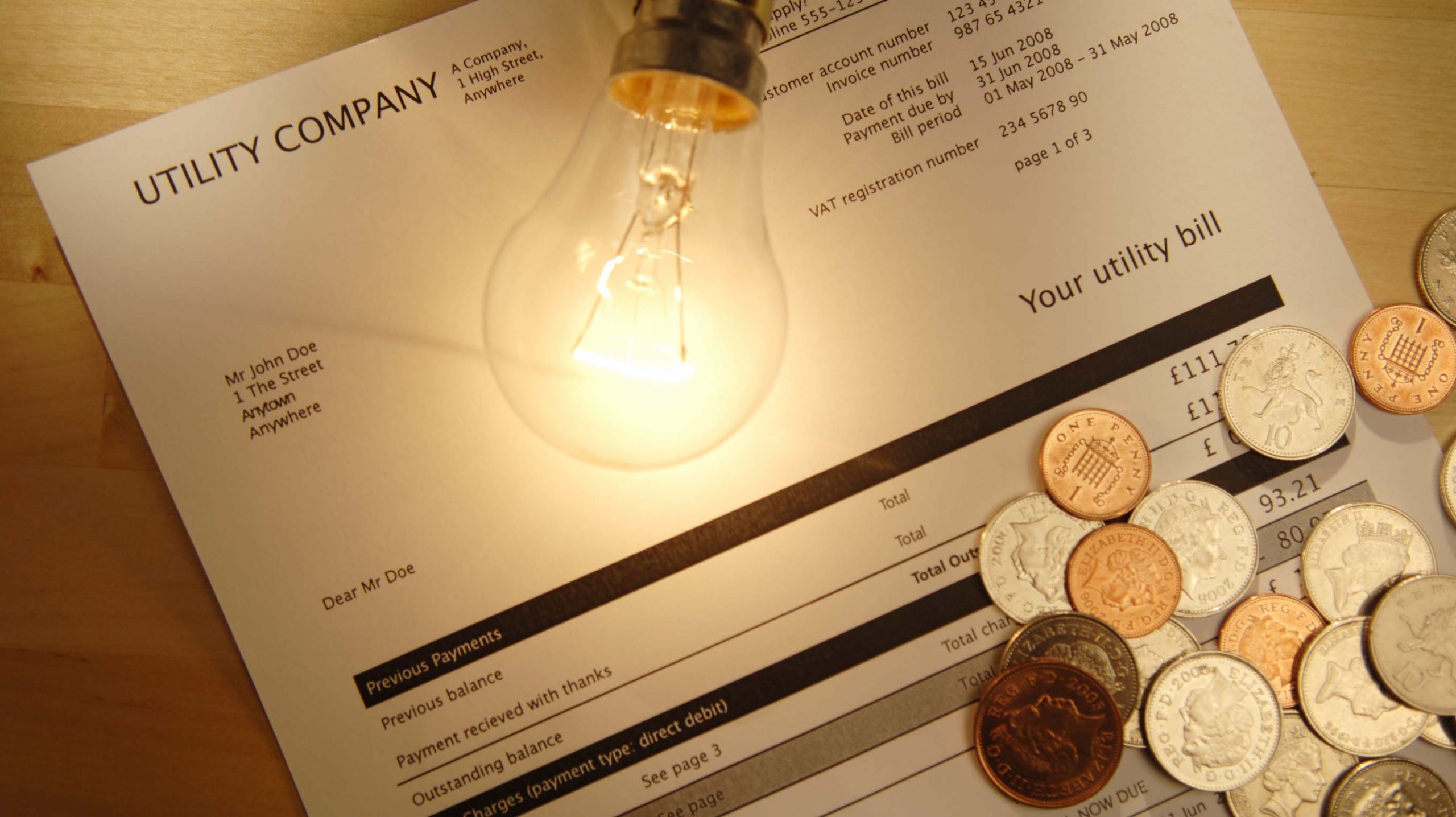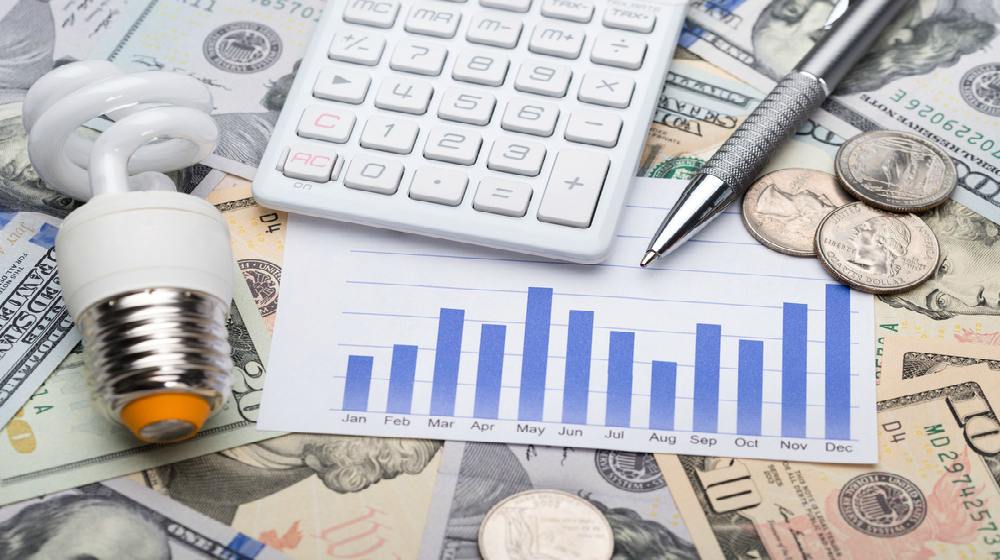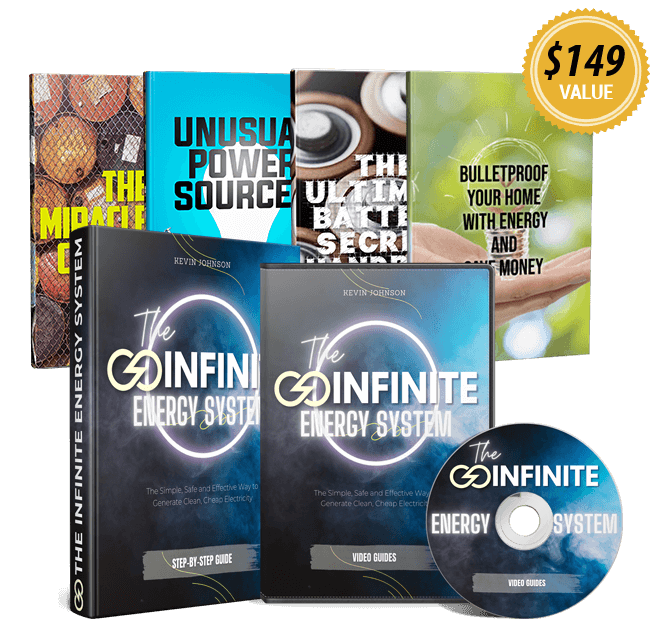Customer service reigns supreme in today’s crowded digital marketplace. Brands can stand out from competitors by providing reliable, real-time customer service and prioritizing customer needs. Regardless of the company’s size, customers expect — and in many cases demand — their specific requests be handled seamlessly.
The post How to Use AI in Your Customer Interactions appeared first on Green Prophet.
Are you doing the #vanlife? But want financial stability, be an environmentalist and own a real home? Take a path to financial security and afford a new couch.
Turning 30 can feel like a major moment. It’s not just another birthday — for many people, it’s a time when life starts to get a little more serious. Maybe you’re thinking about buying a house, traveling more, or planning for your future family. Whatever your plans look like, having a few key financial milestones in place can make everything feel a lot easier.
The good news is that you don’t have to be rich or perfect with money to make real progress. You just need to build smart habits early and stick with them. Hitting a few important financial goals before 30 can put you years ahead later. Let’s break down some simple goals you can start working toward today.
Build a Starter Emergency Fund
Solar panels are great for blackouts, but you need an emergency fund for unexpected trips or necessities.
One of the first financial goals to tackle is building a small emergency fund. Life is unpredictable, and having a financial safety net can give you peace of mind when unexpected expenses pop up. Whether it’s a car repair, a surprise medical bill, or even losing your job, an emergency fund means you’re not reaching for a credit card every time something happens.
You don’t need to build a huge emergency fund right away. Begin by aiming to save $1,000 as your first step. After that, focus on gradually setting aside enough to cover three to six months of your living costs. It’s better to build it slowly than not at all.
If you want to get a clear picture of how your savings could grow month by month, you can use a monthly compounding interest calculator. This tool shows how even small amounts saved in a high-yield account can grow over time just from earning interest. Watching your savings grow can keep you motivated to stay consistent.
Pay Off High-Interest Debt
College was great. Pay off student loans ASAP or they will follow you through life.
Debt can be a big hurdle if you’re trying to build a strong financial future. If you have credit cards or personal loans with high interest rates, it’s important to make paying them off a priority. The longer you carry a balance, the more money you’ll end up paying — money that could have gone toward your goals.
Focus on knocking out high-interest debts first. Make a list of what you owe, the interest rates, and minimum payments. Then, put extra money toward the debt with the highest rate while keeping up with minimum payments on the others. Clearing this kind of debt frees up your income for more productive things like saving, investing, or traveling.
Start Saving for Retirement
It’s never too early to think about retirement. In fact, the earlier you start, the better. Time is your biggest advantage because of how compounding has worked over the years.
Even if you can only afford to put a little bit away each month, it’s still worth it. If your job offers a 401(k) plan, contribute enough to get the full employer match if possible. That’s free money you don’t want to leave behind. If you don’t have access to a workplace plan, opening an IRA is a good next step.
The key is to start now and stay consistent. Small amounts add up to big results when you give them enough time.
Build Good Credit
Your credit score plays a bigger role in your financial life than you might think. A strong score can help you get approved for loans, rent apartments, and qualify for lower interest rates when you borrow money.
Start by paying all your bills on time, every time. Late payments can seriously hurt your score. Keep your credit card balances low — ideally, using less than 30% of your available limit. It’s also smart to check your credit reports regularly to make sure there are no mistakes hurting your score.
Good credit doesn’t happen by accident. Building it takes a little effort but pays off in huge ways later on.
Create a Budget and Actually Stick to It
A homemade cold water plunge bath. You can enjoy yourself and spend safe.
Budgeting isn’t about making your life harder. It’s about knowing where your money goes so you can make better choices with it.
The best budget is the one you’ll actually use. Some people like using apps that track spending automatically. Others prefer simple spreadsheets. The tool doesn’t matter as much as being honest about what you earn and spend.
Once you set a budget, review it once a month. Adjust when things change. Keeping track of your money helps you stay focused on your goals instead of wondering where your paycheck disappeared.
Set Short- and Long-Term Financial Goals
Money without a plan tends to disappear. That’s why setting clear goals is so important.
Think about what you want in the next few years. Maybe you want to save for a vacation, buy a car, or move into a better apartment. Those are short-term goals. At the same time, think bigger: buying a home, traveling the world, retiring early. Those are long-term goals.
Write them down somewhere you’ll see them. Check in on your progress at least once a year. Having a roadmap for your money gives you a reason to save, invest, and make smarter choices every day.
Start Investing Even If It’s a Small Amount
Investing can sound complicated if you’ve never done it before, but it doesn’t have to be. The truth is, you don’t need a lot of money to start.
Even putting $50 or $100 a month into a basic investment account can add up over time. Index funds, ETFs, and robo-advisors are all simple ways to get started without feeling overwhelmed.
The key is to get your money working for you early. Saving is important, but investing is what helps your money grow faster than inflation. If you wait until everything feels perfect, you might miss out on years of growth.
You don’t need to hit every financial milestone perfectly by the time you turn 30. Life happens, and everyone’s path looks different. But working toward these simple goals can set you up for a stronger, more secure future.
Start where you are, even if it feels small. Celebrate your progress along the way. The important thing is building habits now that will continue to help you for decades to come. Every smart step you take today makes your life easier tomorrow — and that’s something definitely worth aiming for.
The post Simple Financial Milestones to Hit Before Age 30 appeared first on Green Prophet.
Recommended Story For You :

Bringing Dead Batteries Back To Life Is Simple!

SEPTIFIX to the Rescue! Say Goodbye to Problems and Hello to Savings

Ecomposing of Paper Towels Produce Methane Gas

A Leading Cause Of Global Warming!

A cleaner world where energy is abundant essentially free

and sourced directly out of the inherent power of the space surrounding us.

MIT Discovery can cut power bills by 65%

Easy DIY Power Plan Will Change Our World Forever

Discover the World with Our Passionate Geography Teacher in Memphis!




